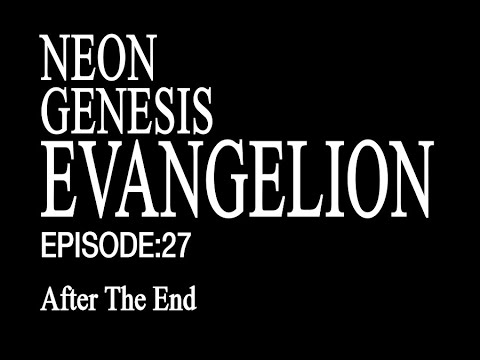This article can also be read at AJET Connect here.
Neon Genesis Evangelion is a phenomenon. Like Sherlock Holmes or Gundam, even if you’ve never seen a single episode of the show, you’re probably at least aware of it on some level, due to the sheer ubiquity of media, merch, pastiches, and parodies out there. If I tell my students most of the anime I watched when I was their age, they stare at me blankly, or even gasp at how old I am to have watched such ancient animation. But if I say that I watched Evangelion, my students light up as they gush about their own love of whatever piece of Eva media they first encountered. That is the ubiquity, the longevity, that is enjoyed by Evangelion in Japan, to say nothing of its popularity outside its home country.
Given the sheer scope of NGE’s popularity though, it raises the obvious question “Why cover it here?” What more is there to say about a show that has already been so thoroughly dissected and discussed? What new insight could I, Marco Cian, possibly lend to the series? It certainly is a daunting task, and one that gives me slight trepidation.
And yet, after I recently bit the bullet and watched the last two Rebuild of Evangelion films (something I’d been putting off for some time), the ending of the series left me with a morass of emotions, which I found difficult to process and put into words. Whenever I thought I’d settled on an opinion, some new aspect of the movies would remind me of itself, and my feelings would once again be cast into chaos. The only thought that remained consistent, the one conclusion I was able to come to, was that I needed to go back and explore the whole series. And not just the original tv show and Rebuild films, but everything Eva I could get my hands on. It felt like, if I could just see the full picture of Eva, I might be able to come to terms with its ultimate conclusion.
More than that though, I’m a different person now than I was when I first watched Eva over a decade ago. I’ve changed, my tastes have changed, and perhaps my perspective on NGE has changed in new and interesting ways. It’s certainly something I’m interested in exploring, and as any content creator will tell you, if you’re going to make content out of something, it better be something you’re genuinely interested in.
So, to start out with, let’s take a look at the show that started it all.
Read More

